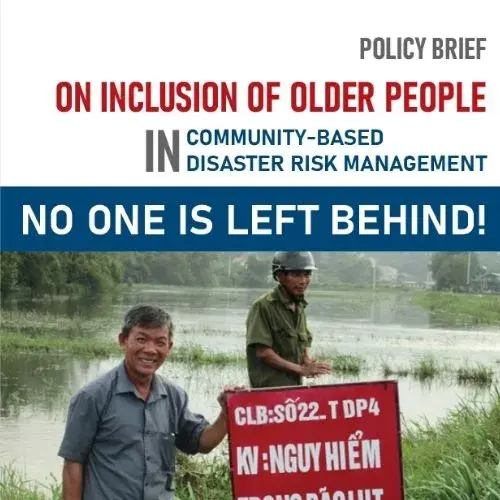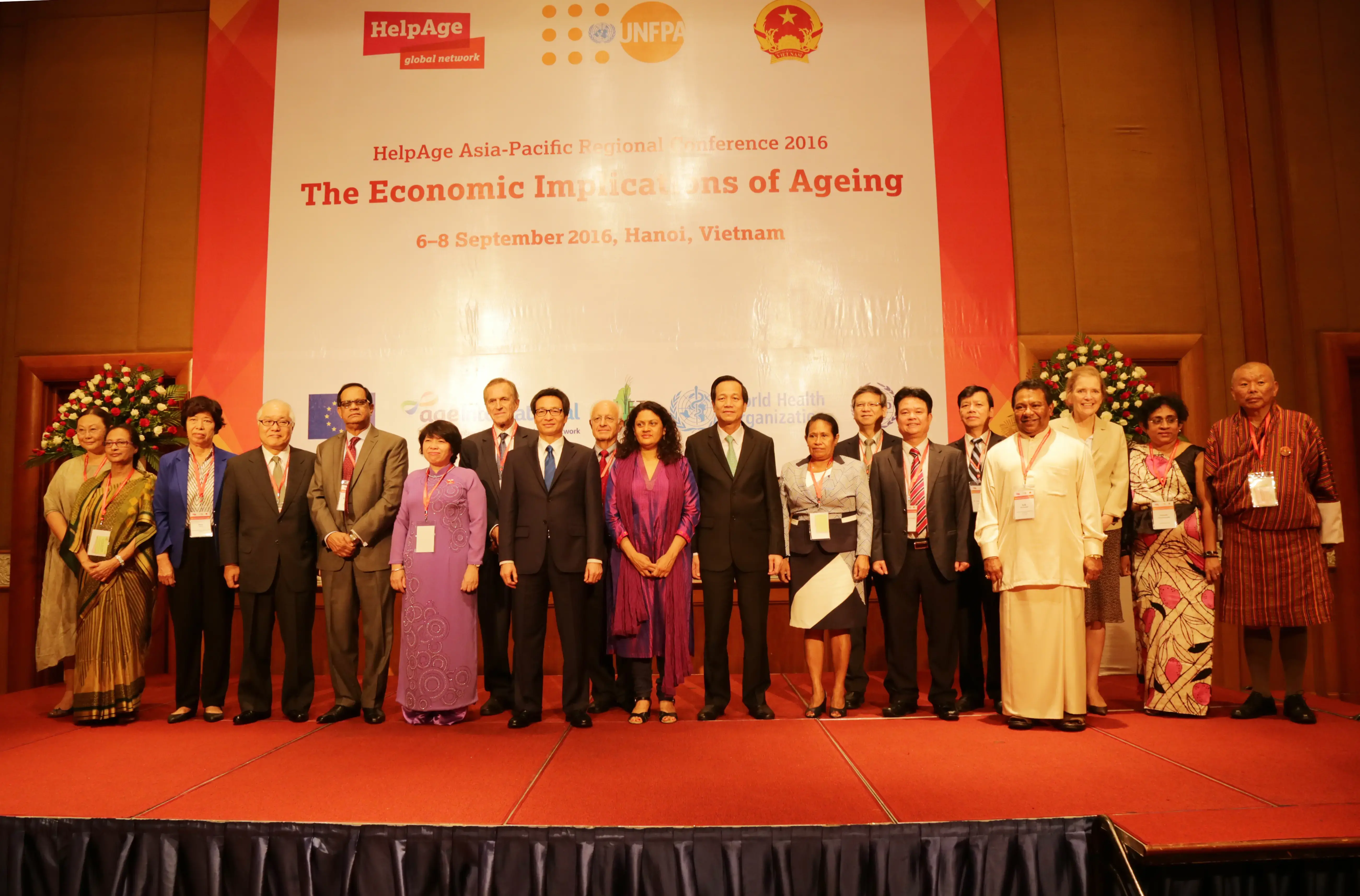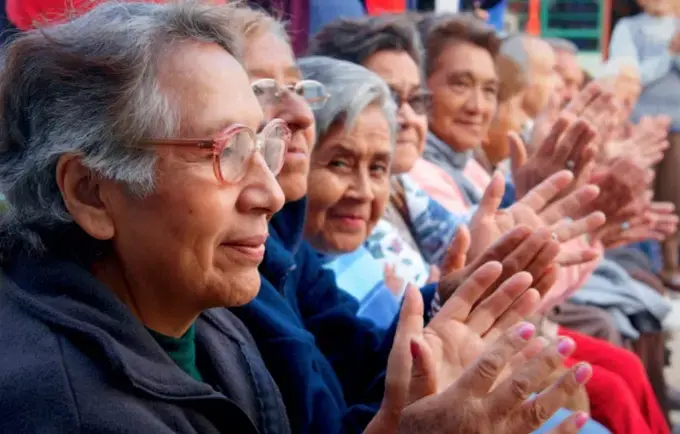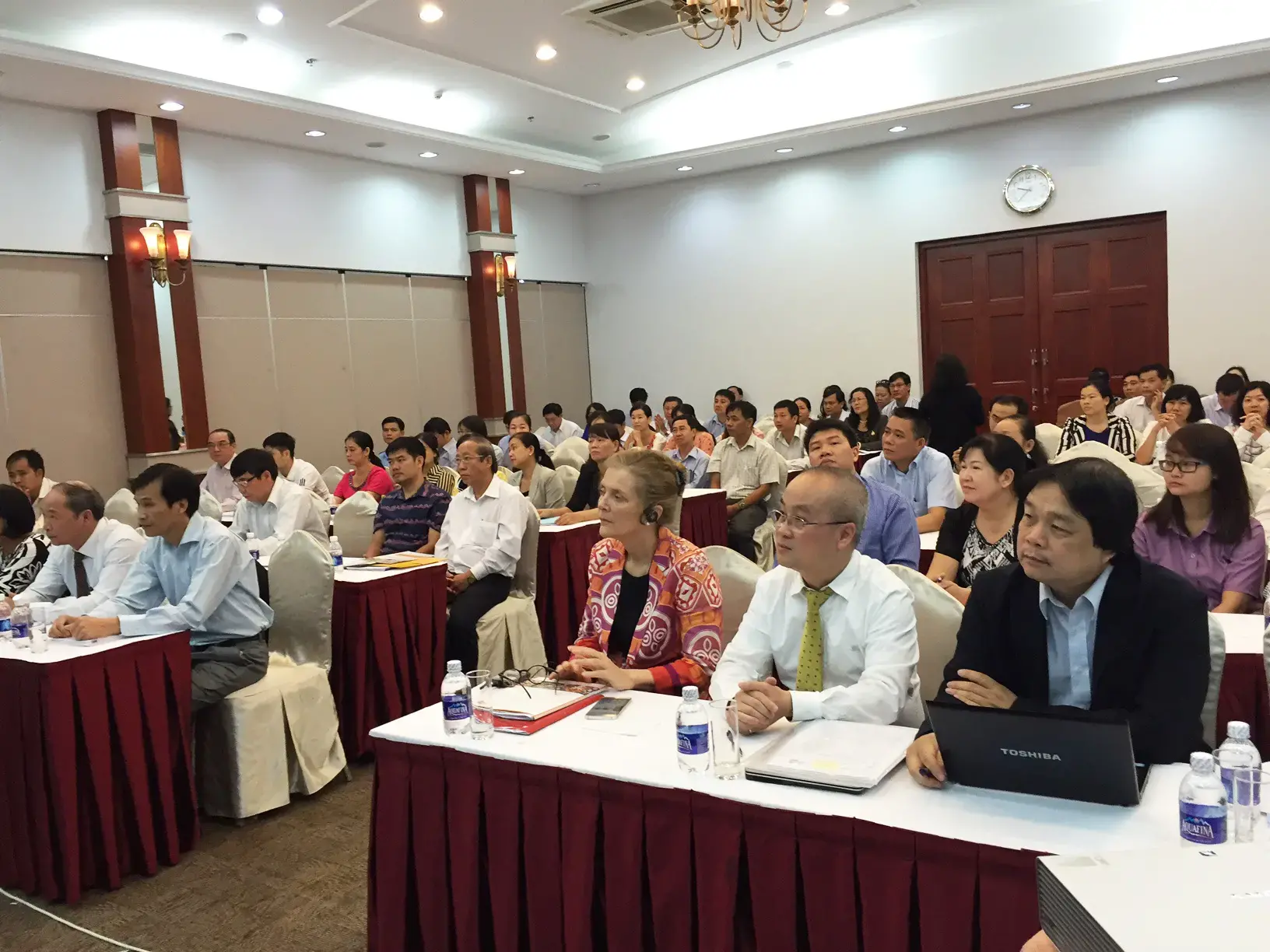Vietnam is one of the ten countries most severely hit by extreme natural disasters over the last two decades. As a result of climate change, natural disasters are becoming progressively more frequent, intense, and unpredictable. Over the past 30 years, on average, natural disasters resulted in 400 people dead or missing, and 1.0 – 1.5% GDP of economic loss. Natural disasters have been and will continue to be a serious threat to people’s safety, and have major multidimensional impacts on the socioeconomic life, environment, security and defense, and sustainable development of the country.
Vietnam is also one of the world’s fastest – ageing nations. The proportion of people aged 60 and over in the total population has significantly increased in the last decade, from 8.68% (7.45 million) in 2009 to 12,8% (12.6 million) in 20214, and is anticipated to reach nearly 17% (17.9 million) by 20305. By 2036, Vietnam is projected to shift from “ageing” to “aged” society and older people6 will account for 20% of the population (22.29 million). Because many of them are frail, older people tend to be more severely affected when natural disasters occur. On the other hand, the majority of older people can play a key role in natural disaster prevention and control in their communities.
Vietnam has laws and procedures in place to manage issues related to older people during natural disasters. However, in the context of rapid population ageing, disease outbreaks, and intensifying natural disasters, it is critical to consider not only older people distinctive needs and vulnerabilities but also promote their experience, capacity, and engagement, especially in their community, for successful natural disaster prevention and control and to guarantee that no one is left behind.
This Policy Brief document emphasizes the importance of including older people in community-based disaster risk management and proposes that policymakers, legislators, researchers, government agencies, and organizations should include older people in natural disaster prevention and control plans, thereby minimize damage and loss caused by natural disasters, especially to older people, and build a safe community for everyone.





